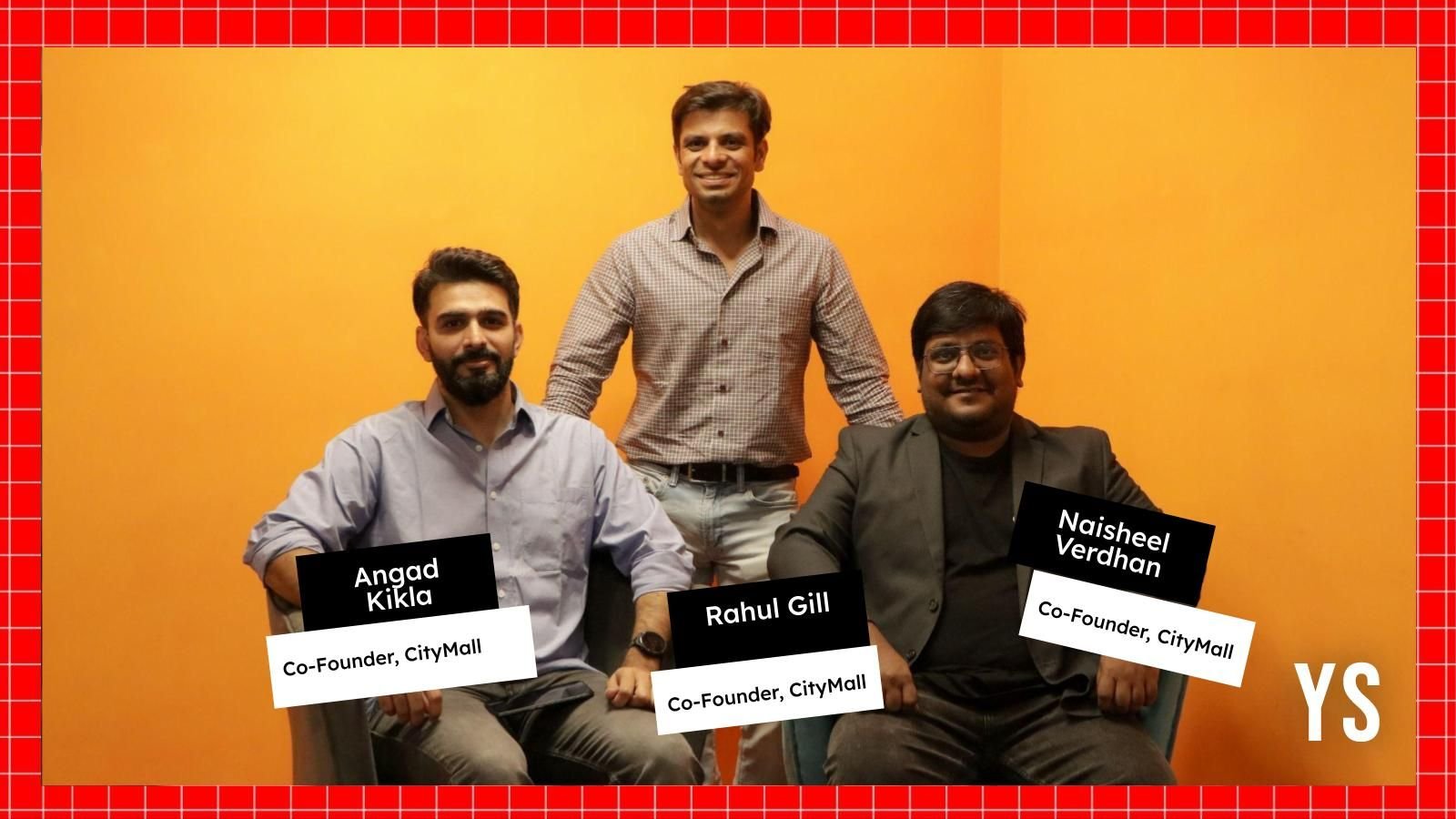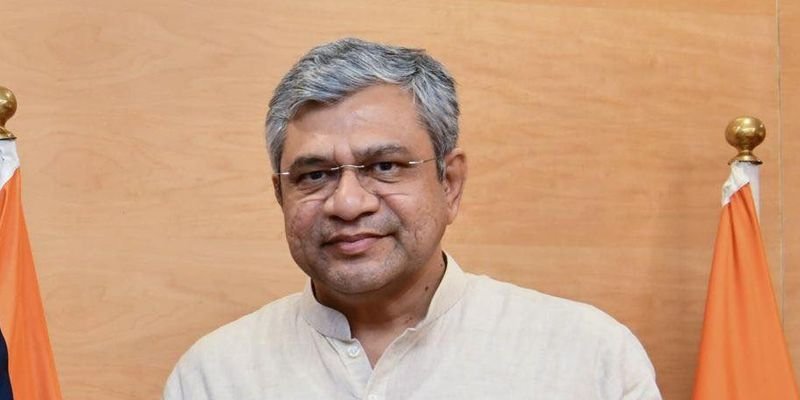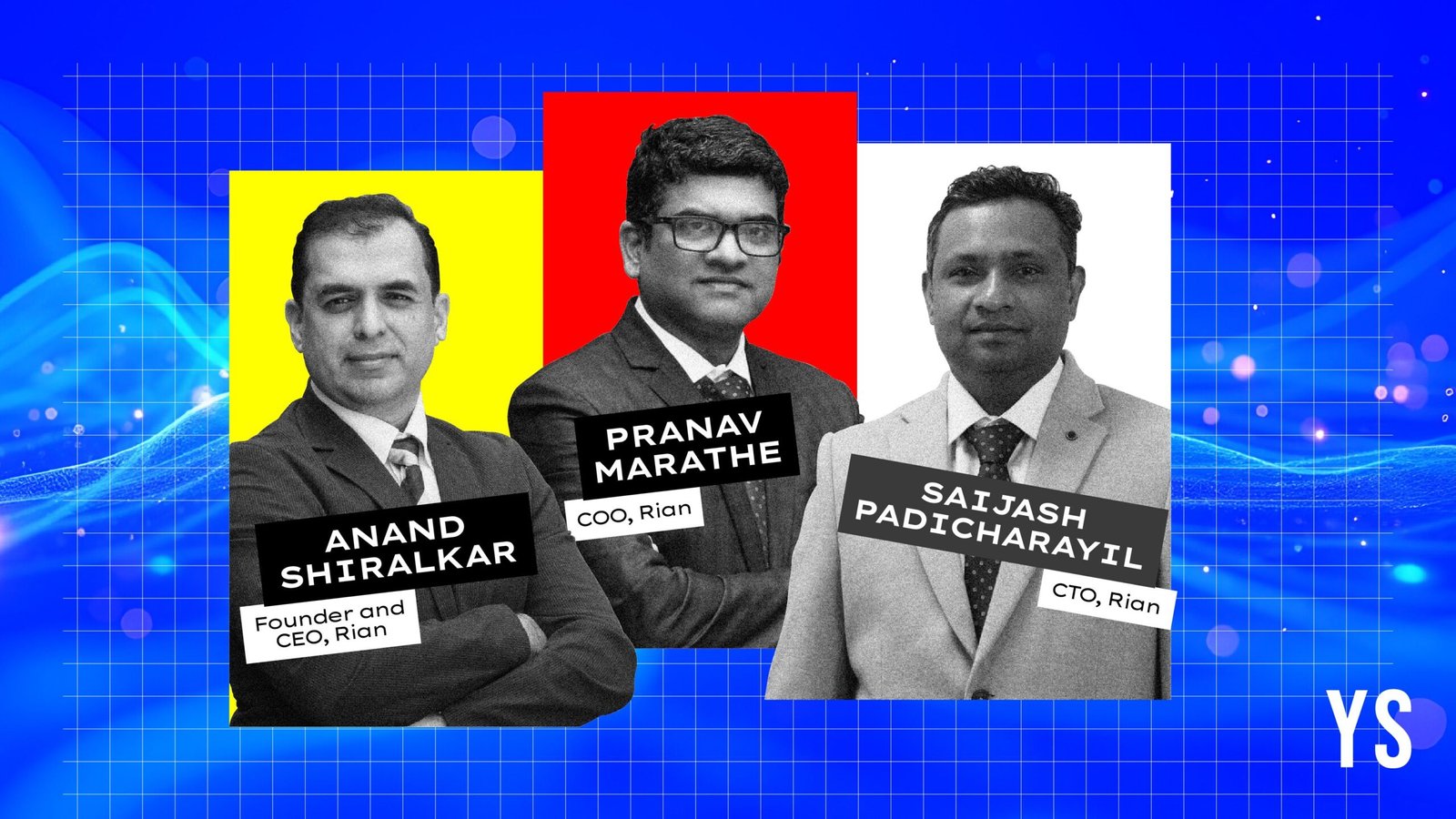UP Forensic Institute: Building India’s Crime Scene Investigation Experts


A Chief Minister’s vision
UPISFS is more than an academic project. It is the realisation of Chief Minister Yogi Adityanath’s dream to give Uttar Pradesh an institution that could compete with the best in the world. His directive was clear: make it world-class.
The institute has since delivered with pioneering facilities such as India’s first AI Drone and Robotics Forensic Lab, a DNA Diagnostic Centre named after Padma Shri Dr. Lalji Singh—the father of DNA forensics in India—and the Atal Library, designed as a hub for research and learning.
For a state with over 250 million people, the impact of such facilities cannot be understated. They not only enhance investigations but also instil public confidence in justice.
Law with Labs
What makes UPISFS unique globally is its “Law with Labs” model. Traditionally, law students learn legal statutes and precedents, while scientists focus on technical evidence. UPISFS brings the two together. Law students are exposed to forensic procedures like DNA extraction and digital evidence handling, while science students study the legal frameworks that govern evidence.
This hybrid approach ensures that future judges, lawyers, and prosecutors cannot be misled by technical reports—they understand both the principles and the processes. “Forensic science is incomplete without law,” explains founding director Dr. G.K. Goswami. “Science plus law equals forensic science.”
Justice, truth, and evidence
Dr. Goswami often points to a triangle—Justice, Truth, and Evidence—to explain the essence of forensics. Justice, he argues, is impossible without truth, and truth is established only through credible evidence. Oral testimony can be unreliable; memory can falter, fear can distort facts, and hostility can alter statements. But when supported by forensic science, evidence becomes tamper-proof and trustworthy.
This is why reforms like Section 176(3) of the Bharatiya Nagarik Suraksha Sanhita (BNSS) are so significant. The law makes forensic evidence mandatory in all crimes punishable by seven years or more. This ensures that serious offences—rape, murder, or large-scale fraud—are not left to testimonies alone but backed by science.
Forensic experts, not just police officers, now handle sensitive evidence, professionalising investigations and strengthening justice.
The man behind the mission
Behind this transformation is Dr. G.K. Goswami, a rare combination of scientist, lawyer, and senior IPS officer. With a PhD in cancer biology, a law degree, and experience at the CBI, the United Nations, and as a Fulbright Fellow in the US, he brings a multidisciplinary perspective.
Many questioned why someone so accomplished would join the police. His response is simple: “Do you expect the police to be uneducated? If we want professional, sensitive policing, we need officers with education and training.”
His career reflects his belief that knowledge is power, and curiosity is the key to progress. As he often says, curiosity is life.
Innovation for a digital era
UPISFS is not confined to physical crime labs. It is actively preparing for the future of digital threats. With the introduction of India’s Digital Personal Data Protection Act (2023), the institute is training experts to handle cybersecurity challenges. “Cybersecurity is nothing but protecting data,” Dr. Goswami notes. “Data is today’s most precious asset—treat it like money.”
From this thinking come three futuristic ideas:
- Digital audits, where devices undergo routine checks just like financial audits.
- Data insurance protects individuals against breaches and theft.
- Forensics-as-a-Service, providing forensic expertise on demand, as easily as ordering food online.
These innovations take forensics beyond courtrooms and embed it into everyday life.
Looking ahead
By merging law, science, and technology, UPISFS is positioning itself as India’s answer to CSI. More than a collection of labs, it represents a philosophy: that justice must be anchored in truth, and truth secured through science. With world-class facilities, a unique educational model, and reforms that mandate forensic evidence, UP is not only reshaping its own justice system but also offering a blueprint for the world.
Discover more from News Hub
Subscribe to get the latest posts sent to your email.






